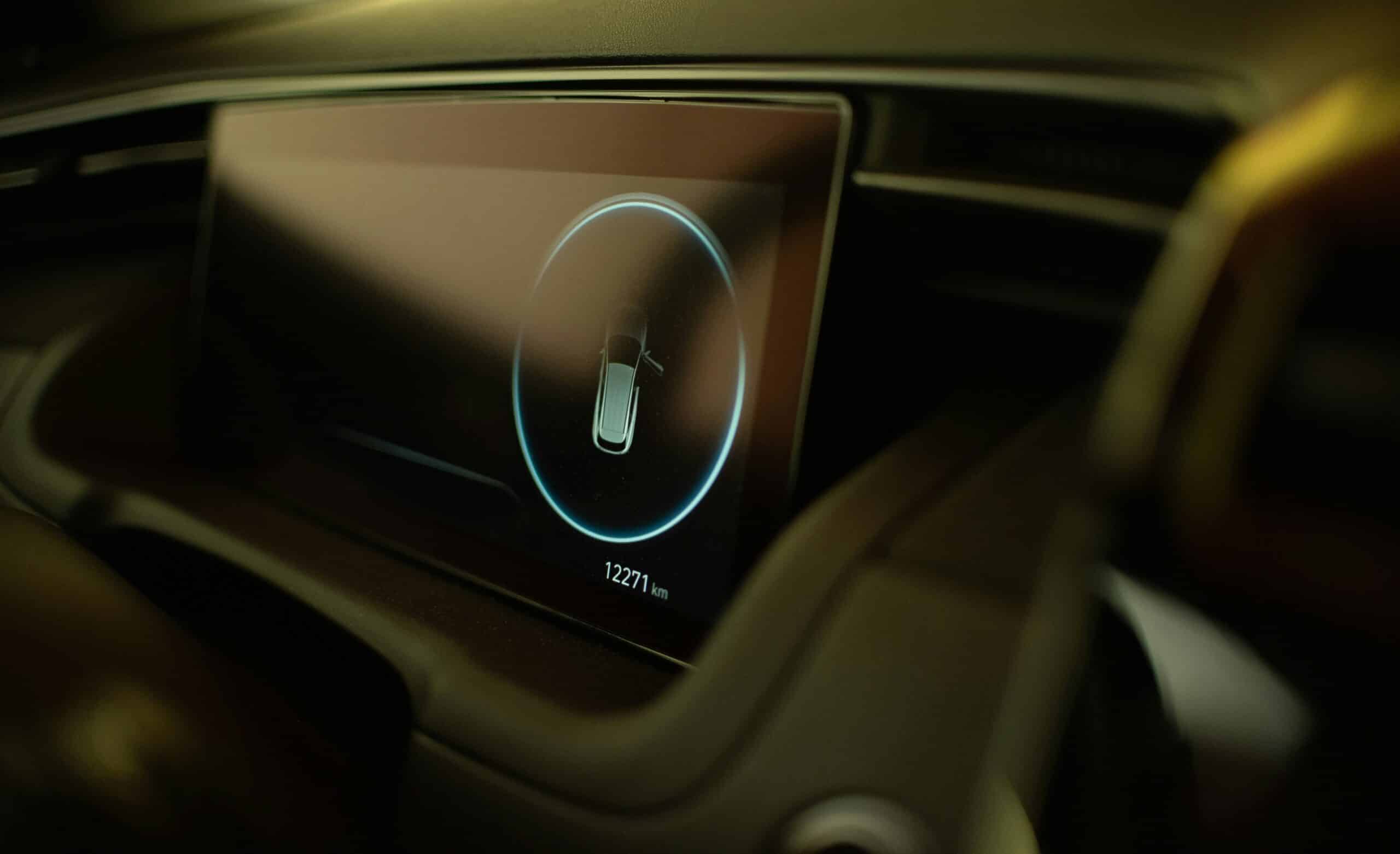
An In-Depth Look at Advanced Driver Assistance Systems (ADAS)
As vehicles evolve with technology, Advanced Driver Assistance Systems (ADAS) have emerged as pivotal elements in enhancing road safety and driver convenience. These sophisticated systems are transforming the driving experience by integrating cutting-edge technologies that assist drivers in making informed decisions and avoiding potential hazards.
Understanding ADAS
Advanced Driver Assistance Systems (ADAS) encompass a range of electronic technologies that assist drivers in controlling the vehicle and enhancing car safety. These systems employ sensors, cameras, radar, and software to monitor the vehicle’s surroundings and provide crucial information to the driver. Common features include adaptive cruise control, lane departure warning, and automatic emergency braking.
Expert Insights on ADAS
Industry experts highlight the role of ADAS in reducing accidents. According to a report by the Insurance Institute for Highway Safety, vehicles equipped with lane departure warning systems experience a significant reduction in crash rates. Such systems alert drivers when they unintentionally drift out of their lane, a common cause of accidents on highways.
Statistics and Research
A study conducted by the European Commission found that ADAS could reduce road fatalities by up to 40%. The study emphasized that features like collision avoidance systems and pedestrian detection are crucial in mitigating accidents, especially in urban environments.
Real-World Examples
Consider the case of Mark, who was driving on a rainy night when his car’s ADAS system alerted him to a pedestrian crossing ahead. This warning allowed him to brake in time, preventing a potential accident. Situations like these underscore the importance of ADAS in real-world scenarios.
Actionable Tips for Drivers
- Regularly update your vehicle’s software to ensure ADAS features work optimally.
- Familiarize yourself with each ADAS feature in your car to understand its capabilities and limitations.
- Consider attending a driver training program that emphasizes the use of ADAS technologies.
Comparison of Popular ADAS Features
| Feature | Function | Key Benefit |
|---|---|---|
| Adaptive Cruise Control | Automatically adjusts speed to maintain a safe distance from the car ahead | Reduces driver fatigue on long trips |
| Lane Departure Warning | Alerts driver when drifting out of their lane | Prevents unintentional lane changes |
| Automatic Emergency Braking | Applies brakes to prevent or reduce the impact of a collision | Enhances safety by preventing accidents |
| Blind Spot Detection | Monitors blind spots and alerts driver of vehicles in those areas | Improves awareness and reduces side collisions |
| Parking Assistance | Assists in parallel parking by controlling steering | Simplifies parking in tight spaces |
| Traffic Sign Recognition | Detects and displays road signs to the driver | Keeps driver informed of road regulations |
| Pedestrian Detection | Alerts driver to pedestrians in vehicle path | Increases awareness in urban areas |
| Driver Drowsiness Detection | Monitors driver behavior and alerts of drowsiness | Promotes alert driving |
Frequently Asked Questions
What is the primary purpose of ADAS?
ADAS aims to enhance vehicle safety and driver comfort by providing warnings and automatic actions to avoid collisions and other potential road hazards.
Can ADAS replace a driver?
No, ADAS is designed to assist drivers, not replace them. Drivers should remain attentive and engaged while operating their vehicles.
Are all ADAS features available in every vehicle?
ADAS features vary by vehicle make and model. It’s essential to check with your vehicle manufacturer for available features.
Does ADAS require regular maintenance?
Yes, to ensure optimal performance, regular maintenance and software updates are recommended for vehicles equipped with ADAS.
Conclusion
Advanced Driver Assistance Systems represent a significant leap forward in automotive technology, offering drivers enhanced safety and convenience. By understanding and utilizing these systems, drivers can significantly reduce the risk of accidents and enjoy a more comfortable driving experience. As technology continues to advance, the role of ADAS in shaping the future of transportation becomes increasingly vital.


